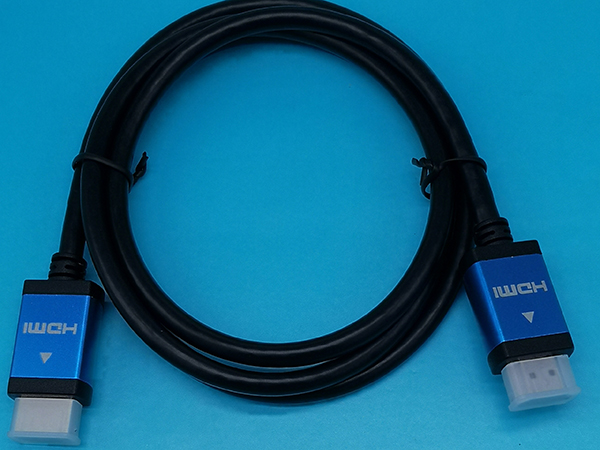- Ben Kai·Over a decade of focus on customizing data transmission lines
- HD data cable Connecting the data cable Equipment data cable

1. Connector: A detachable component (excluding an adapter) typically installed on a cable or device for the electrical connection of a transmission line system
2. RF connector: A connector used within the RF range
3. Video: Radio waves with a frequency range of 3Hz to 30MHz
4. Radio frequency: A radio wave with a frequency range of 3 kHz to 3000 GHz
5. High frequency: A radio wave with a frequency range between 3MHz and 30MHz
6. Coaxial: The inner conductor has a dielectric support and can structurally obtain the minimum internal reflection coefficient within the frequency range used in measurement
7. Triple axis: A transmission line composed of three concentric conductors with a common axis and insulated from each other
8. Level: The level of mechanical and electrical precision of connectors, especially in terms of specified reflection coefficients
9. Universal connector (Level 2): A type of connector manufactured with the widest allowable dimensional deviation (tolerance), but still capable of ensuring the minimum specified performance and compatibility
Note: The requirements for reflection coefficient can be specified or not
10. High performance connector (Level 1): A type of connector that specifies the limit value of reflection coefficient based on frequency variation. Generally, the specified dimensional tolerance is not more stringent than the corresponding Level 2 connector. However, when it is necessary to ensure that the connector meets the requirements of reflection coefficient, the manufacturer is responsible for selecting the stricter tolerance
11. Standard Test Connector (Level 0): A precision manufactured specific type of connector used to measure the reflection coefficient of Level 1 and Level 2 connectors, with negligible errors caused by measurement results
Note: Standard test connectors are usually part of different types of adapters, while adapters and precision connectors are connected to form a part of the testing equipment
12. Sealing
12.1 Sealed connector: A connector that can meet the specified sealing requirements for gases, moisture, or liquids
12.2 Barrier Seal: A seal that prevents gas, moisture, or liquid from entering the interior of the connector housing axially
12.3 Panel Sealing: The sealing between the fixed or adapter housing and the panel to prevent gas, moisture, or liquid from entering through the installation holes
Note: Seals are usually provided as standalone products
12.4 Sealing of the mating surface: A seal that prevents gas, moisture, or liquid from entering the interface of a pair of mating connectors
12.5 Gas seal: A seal that meets the requirements of Test Qk in IEC60068-2-17 "Basic Environmental Testing Procedures - Part 2: Tests - Test Q: Sealing"